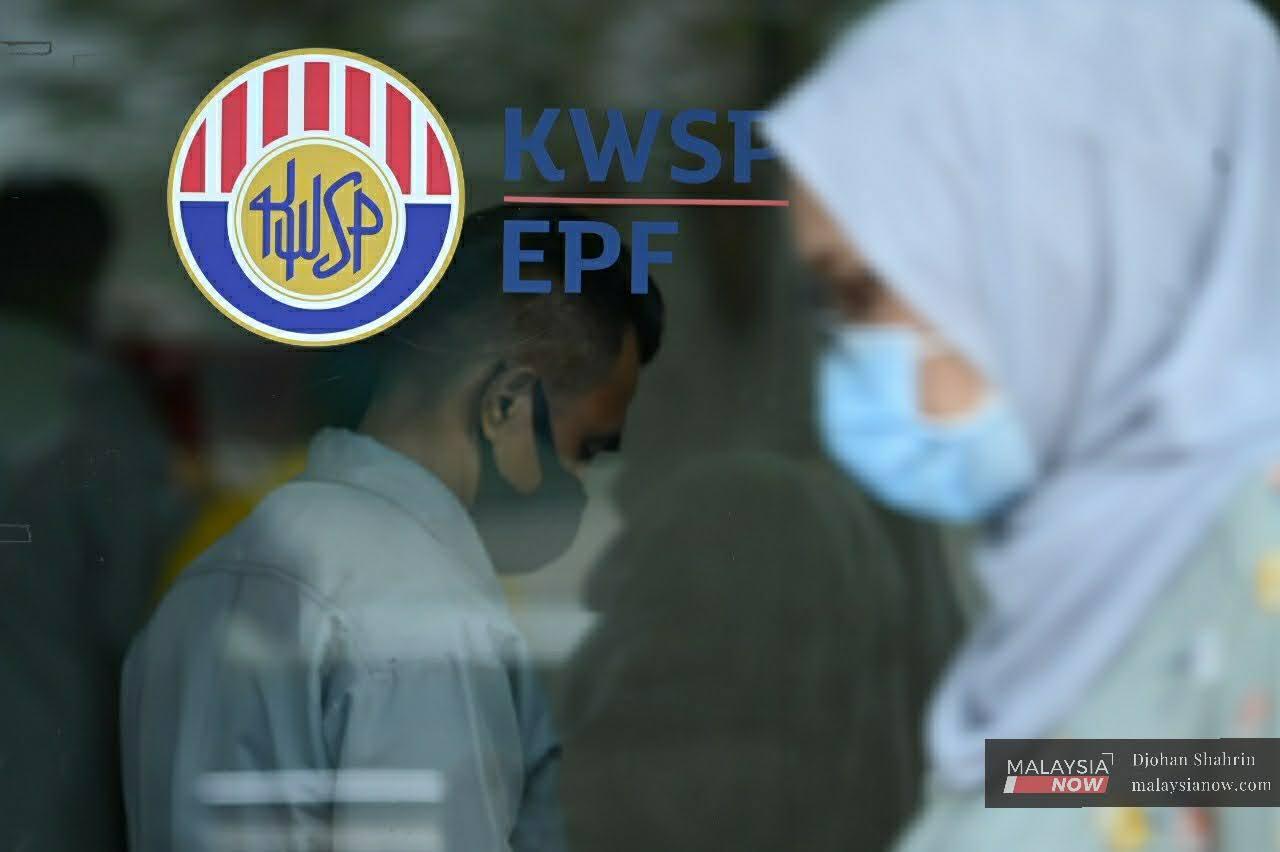Replace EPF withdrawals with long-term sustainable measures
Withdrawals from savings should not be made an easy option for the duration of the Covid-19 crisis.
Many who are in desperate need of cash would have felt huge relief after the revised decision by the EPF to allow a more flexible withdrawal from Account 1 for those severely affected by the unprecedented crisis. But this should not be made an extended solution, hence the need for sustainable and adequate measures.
During the tabling of Budget 2021, some EPF-related measures intended to support the people in the short term were raised:
• Reduction in employee contribution rate from 11% to 9% beginning January 2021;
• Targeted withdrawals from Account 1 of RM500 a month for a total of RM6,000 over 12 months for members who have lost their jobs; and
• Withdrawals from Account 2 for the purchase of insurance and takaful products.
Withdrawals from Account 2 were already allowed in April via i-Lestari which allows contributors to take out RM500 per month for 12 months for a total of up to RM6,000.
This mechanism was said to have benefited 4.7 million members with a total withdrawal value of RM11.6 billion.
The mixed reactions from the public regarding the limited coverage of Account 1 withdrawals in Budget 2021 resulted in a revision by the EPF with expanded coverage for those who have lost their jobs, been given unpaid leave and have no source of income, in what is known as as i-Sinar facility, announced on Nov 16.
A greater number of members will benefit under the revised facility, from 600,000 to two million, with the total value of withdrawals rising from RM4 billion to RM14 billion.
As much as these actions reflect the “Economics of Empathy” coined by EMIR Research for the sake of helping the vulnerable people, we also need to be mindful of what’s ahead, especially with continuing uncertainties and a growing ageing population (10.3% in 2019).
The latest available statistics from EPF show that around 54% of its members aged 54 and above have savings of less than RM50,000 while only 34% have reached RM240,000 in basic savings by the age of 55.
As reported by Edge Markets, EPF also conducted a Covid-19 impact survey in July on 21,665 members working in both formal and informal sectors, more than half of whom came from B40 households.
Findings from the survey showed that their main long-term concerns are income stability (66%), health (53%) and retirement savings (51%).
These findings are broadly in line with our poll findings for 3Q20 dominated by respondents from low-income households (65.6% earning RM3,000 and below) through which it was discovered that job loss, inadequate income and quality of healthcare were respondents’ main concerns with worry levels at 85%, 80% and 75% accordingly.
As important as it is to provide the people with fast-track cash, their savings should not be made an easy or compulsory option so long as the crisis continues because the savings came from their long years of hard work.
According to Prime Minister Muhyiddin Yassin in an interview with television stations prior to the budget, the first round of reductions in the EPF contribution rate (11% to 7%) already saw 70% of members opting for the move – another channel of bringing down savings.
Given the poor social safety net that plenty of Malaysians have, especially the B40 households and informal sector workers, measures to safeguard people’s savings also need to be considered.
Instead of workers needing to draw down their hard-earned savings, more sustainable and sufficient measures should be thought of by the more powerful stakeholders, i.e. propping up workers’ wages and creating jobs which match the industrial demand to mitigate longstanding issue of unemployment and underemployment.
Increasing wages has become increasingly important after the upward revision of the national poverty line income to RM2,208 as it implies that households with incomes of below RM2,208 are in absolute poverty – a situation in which household income is not enough to meet the basic needs of food, shelter and clothing.
It is also good to see that the EPF has come up with an advisory measure for its members through its Retirement Advisory Services and/or the Credit Counselling and Debt Management Agency.
It is crucial to get a second opinion from this body as retirement savings withdrawals should be performed wisely with sufficient financial literacy. Members also need to be made aware of other suitable options.
Yes, unprecedented times require unprecedented actions given that many people are still suffering from the impact of this crisis. But a long-term and feasible perspective is critically needed. Sacrificing Malaysians’ savings shouldn’t be done for too long.
Sofea Azahar is a research analyst at independent think tank Emir Research.
The views expressed in this article are those of the author(s) and do not necessarily reflect the position of MalaysiaNow.
Subscribe to our newsletter
To be updated with all the latest news and analyses daily.
